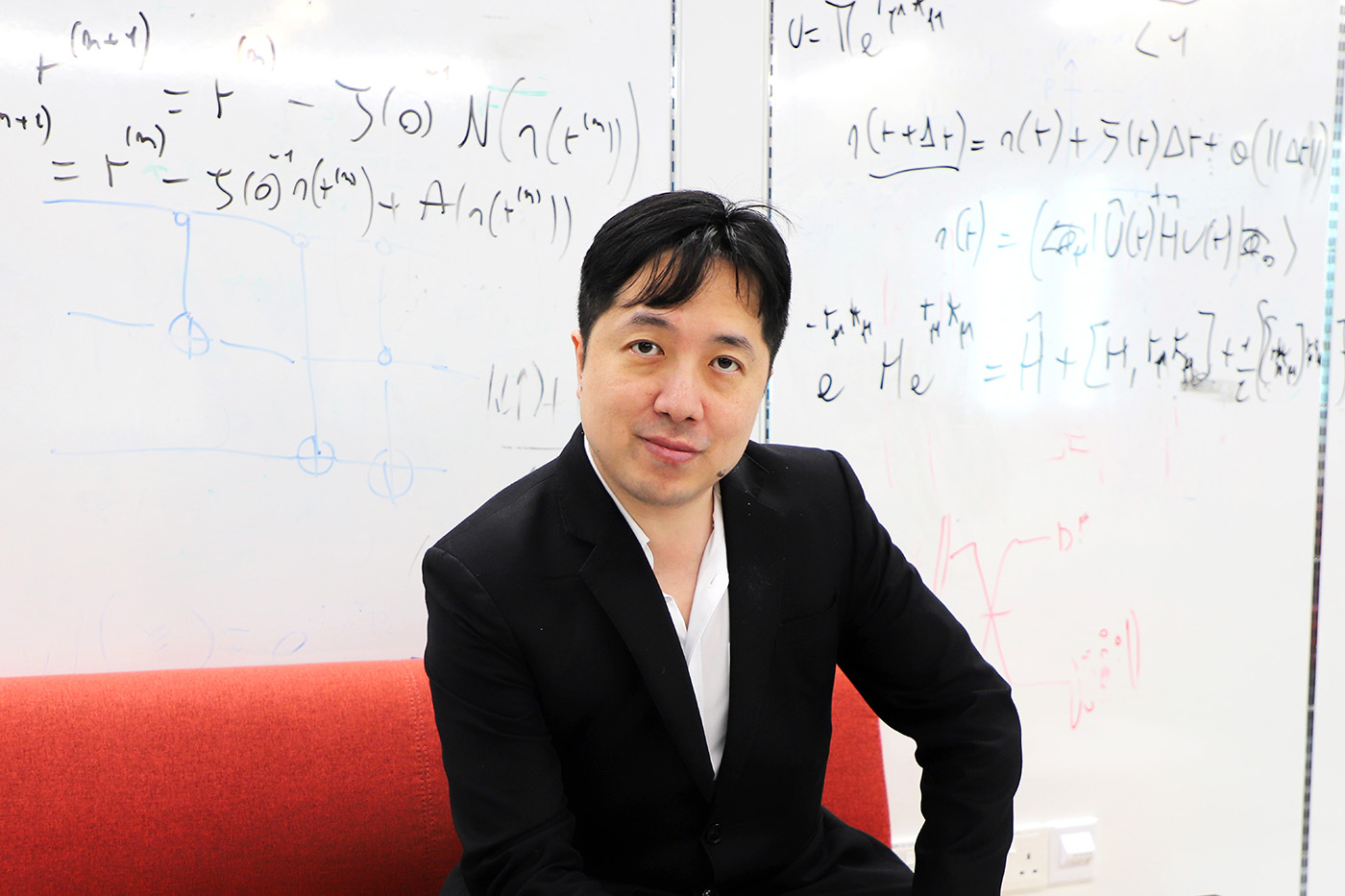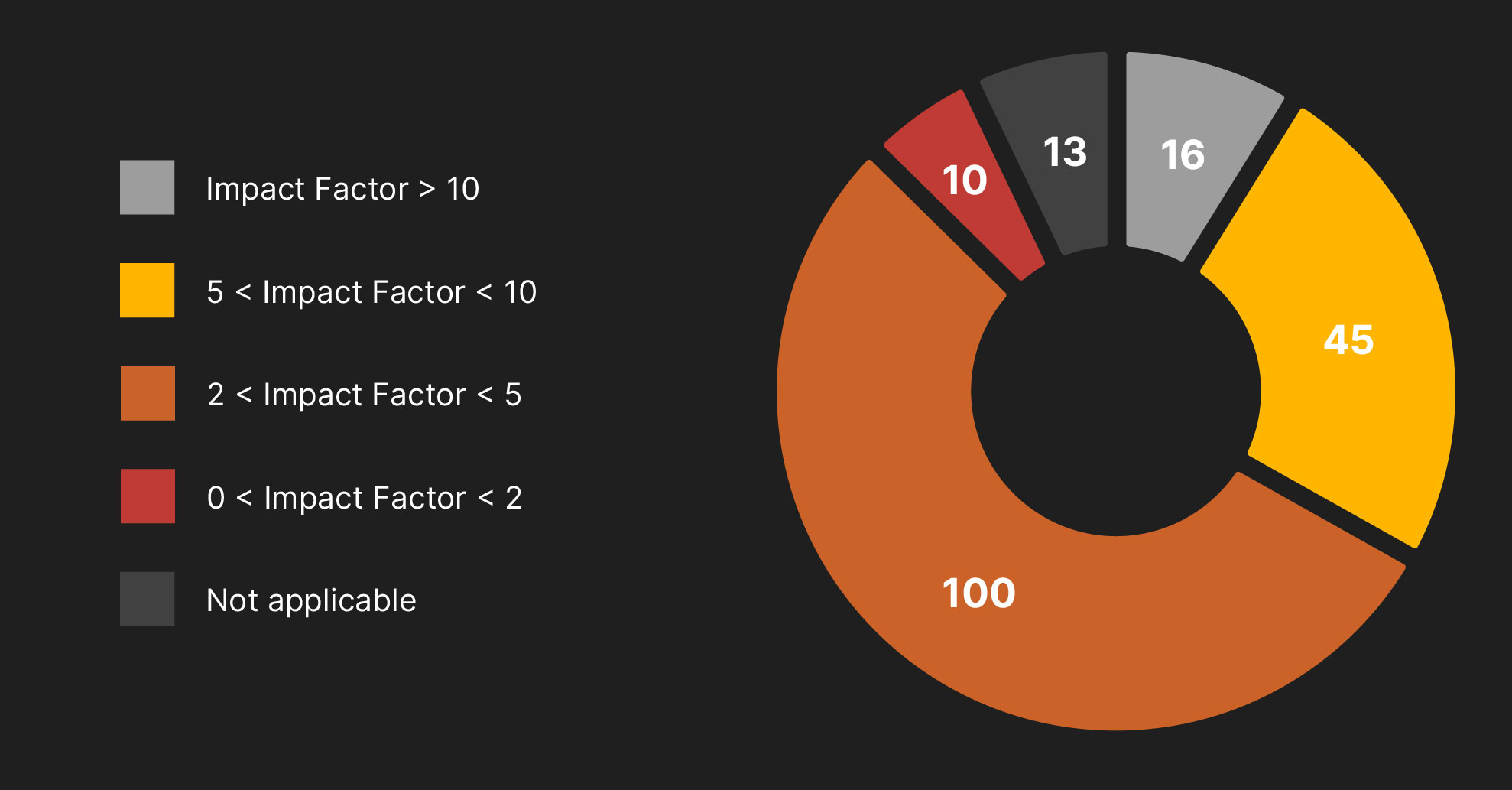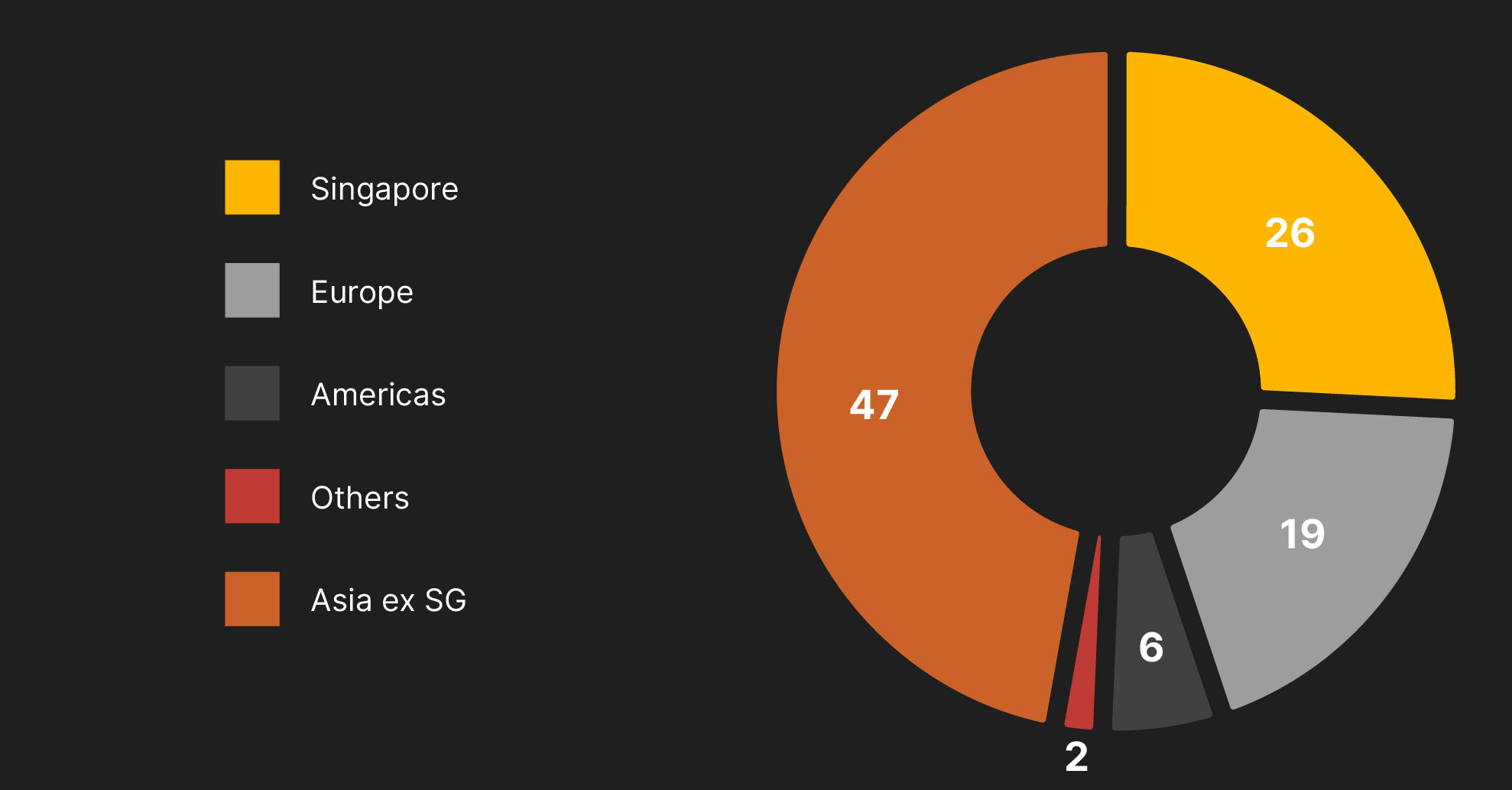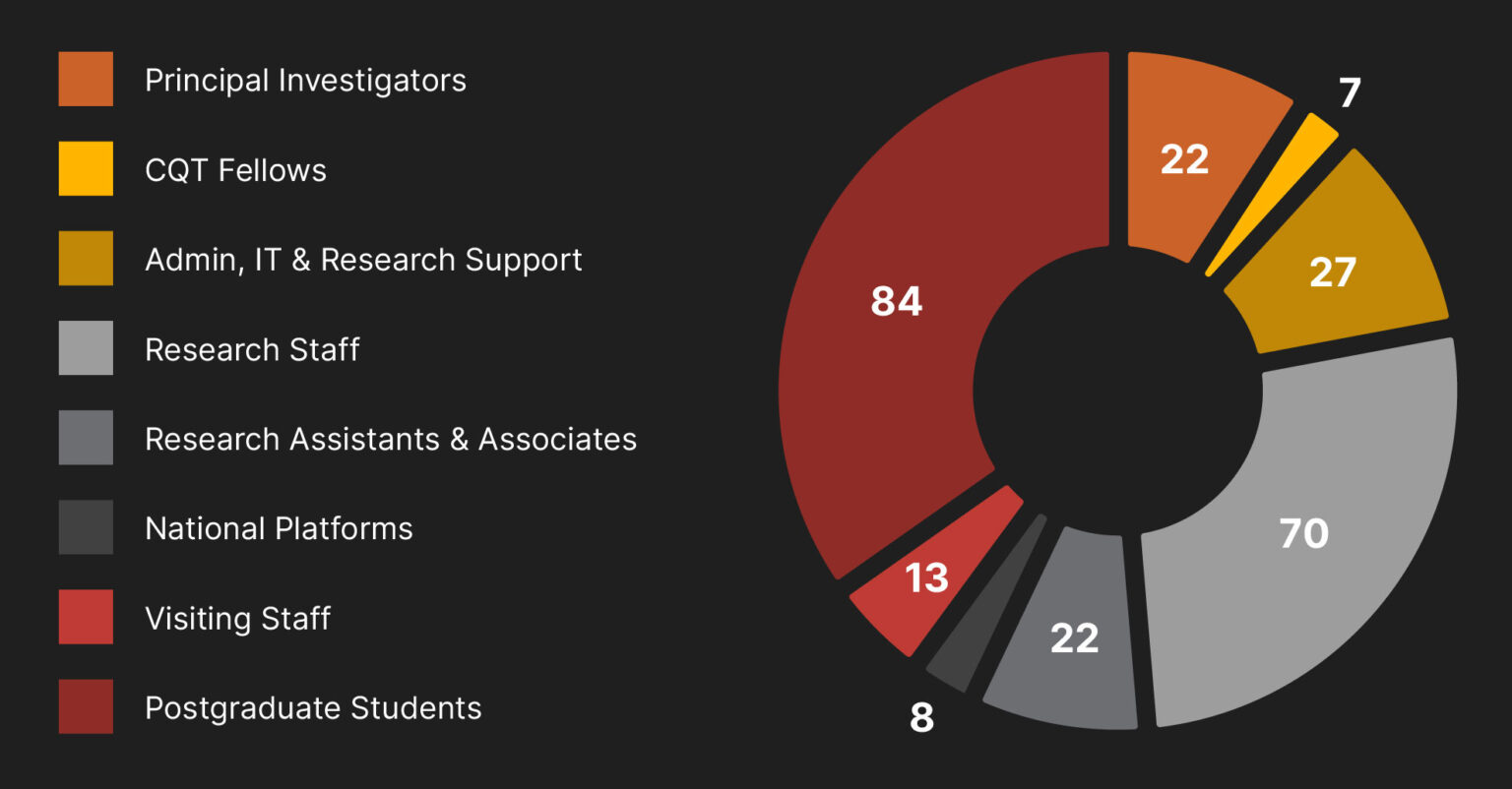Quantum agents could deliver energy savings
CQT Principal Investigator Mile Gu and collaborators tally up energetic costs for quantum and classical agents
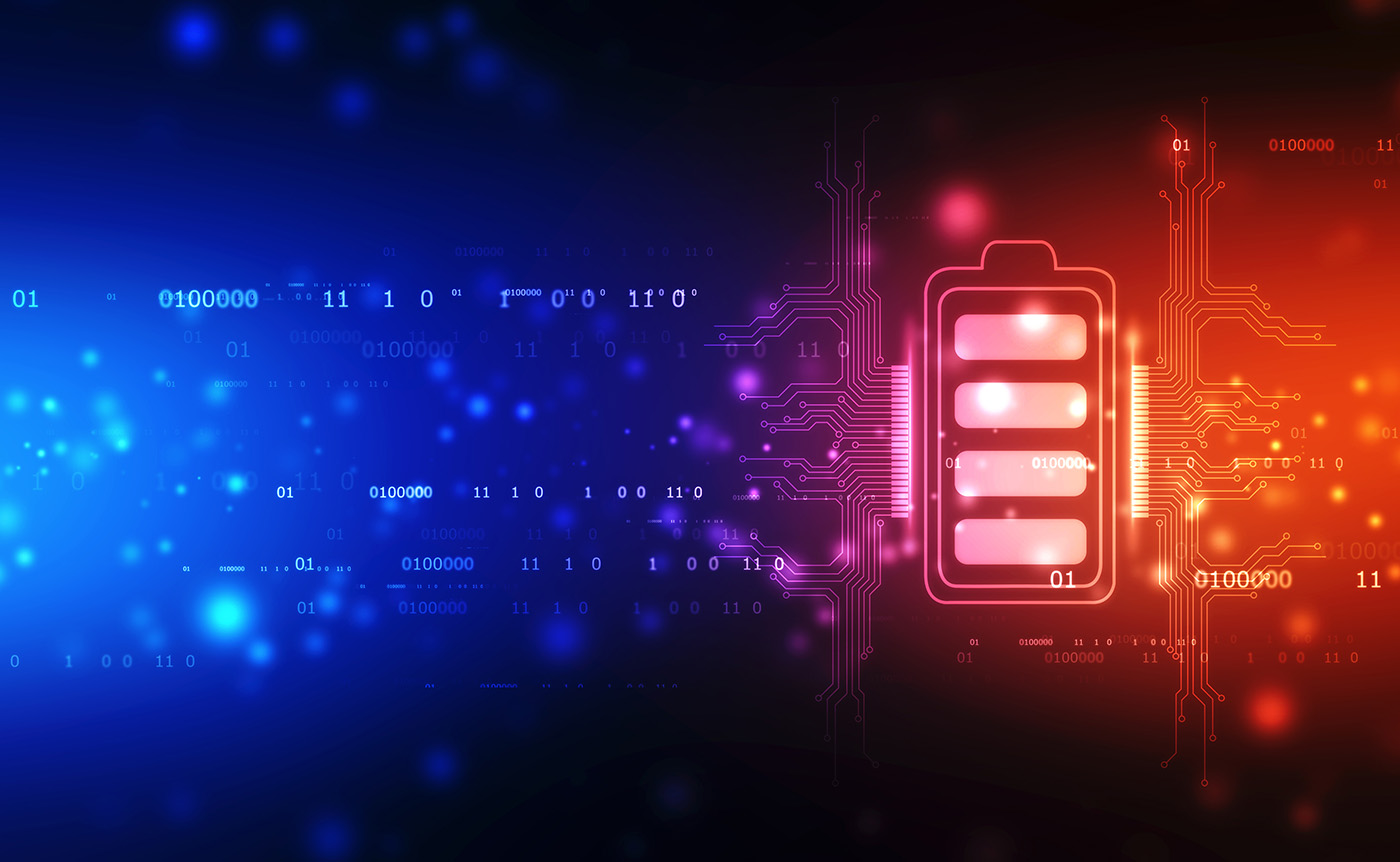
The researchers found that quantum agents draw less heavily on information batteries than classical agents to execute complex strategies. Image credit: Shutterstock.com/Blackboards.
Research in quantum computing has long chased ‘quantum advantage’ – a performance edge over classical computers. That advantage does not have to mean speed. CQT Principal Investigator Mile Gu and his collaborators have found evidence of an energetic advantage for computations performed by ‘quantum agents’.
They published their findings in Physical Review Letters on 14 October 2025.
Agents are computational models that receive inputs from the environment to decide a response, executing complex adaptive strategies. Examples include large language models responding to prompts, autonomous vehicles navigating roads and a control system monitoring a production line.
The energy needed to execute such complex tasks has become a topical issue with the rising use of AI – by some predictions, energy demand from data centres will double by 2030.
The agent advantage
By calculating from first principles the fundamental energy demands of quantum versus classical agents, Mile and his collaborators take a first step towards understanding whether quantum computers may in future perform such tasks more efficiently.
“We looked at what the laws of physics demand energetically from the theoretically best possible classical machines – the ultimate classical lower bound, assuming everything was perfectly designed. We then designed quantum machines that could do better,” says first author Jayne Thompson, who was then at the Institute of High Performance Computing at the Agency for Science, Technology and Research (A*STAR). She took up a new role as Associate Professor at Nanyang Technological University (NTU Singapore) on 6 October 2025.
The work is part of a five-year project “Performing Complex Adaptive Tasks More Efficiently with Autonomous Quantum Agents”, for which Mile was awarded an NRF Investigatorship in 2024, as well as part of a FQxI project on “Are quantum agents more energetically efficient at making predictions?”. Mile also holds an appointment as Associate Professor at NTU.
Agents respond to inputs by retrieving relevant information from memory. To be prepared for any kind of input means they must remember some information that, in hindsight, they did not need.
Consider an AI that’s asked either “Do you like sheep?” or “Are you hungry?” randomly at two consecutive time-steps. If the question is repeated, it should give the same answer. Otherwise, it can answer at random. The AI must remember which question was asked and the answer it gave, in case the question is repeated. This is true even if the question changes – and the information was unnecessary to memorise in hindsight.
Mile says, “Preparing for contingencies means being prepared for all possibilities, even if those possibilities never happen; and that is energetically wasteful.”
Information batteries
To calculate the energy costs, the researchers used a framework from thermodynamics known as “information batteries”. The agent stores information in the battery, drawing from the battery to respond to inputs. At the end of the process, the battery is recharged – and the energy it takes to reset the battery is considered to be the energetic cost of the agent. Any information that was stored but went unused and was later discarded during recharging has an energy cost. Using this framework, the researchers benchmark an agent’s energetic cost by how much information it wastes.
The classical agent that stores two bits of data to be prepared for both possibilities would end up with one bit of data that is unused and wasted.
A quantum agent can do better because of how it chooses what to store in quantum superposition, which gives them more freedom in how they retain the data. When a classical agent stores two bits, they use two separate bits to store the data. A quantum agent, on the hand, stores both bits in superposition within a single qubit. Depending what question is asked, the agent can retrieve whichever bit was needed. The researchers show that quantum agents could leverage this to match the performance of classical agents using fundamentally less energy.
Jayne says, “The key insight was that due to the quantum uncertainty principle, a quantum agent can encode the answer to two questions, say A and B, in a complementary basis. When retrieving the answer to A, the uncertainty principle appears to retroactively erase all information about B. This turns out to use much less energy, as if we never stored B in first place.”
They find the quantum agent has lower energy costs if there is sufficient uncertainty in the future, meaning the usefulness of every bit stored is not guaranteed. Moreover, when the amount of potential information needed to be stored to prepare for different contingencies grows, the energetic advantage can scale without bound.
Having established the conditions for quantum energetic advantage, the researchers want to investigate if their framework applies to specific tasks, such as games, or large language models which are energetically costly.
Related Stories
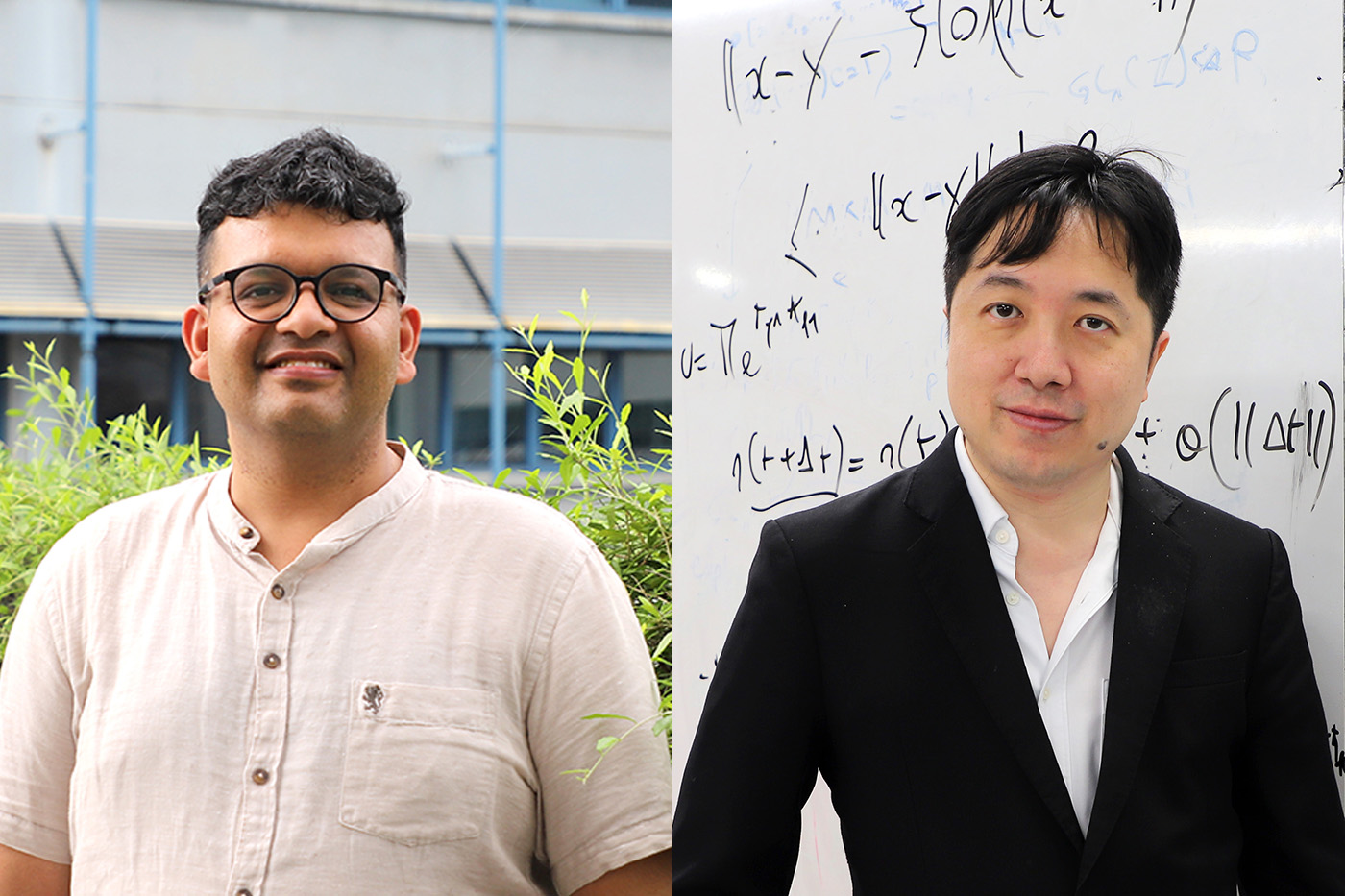
16 May 2024
Two CQT group leaders win support for “ground-breaking, high-risk research”
Divesh Aggarwal and Mile Gu have received five-year National Research Foundation Investigatorships

